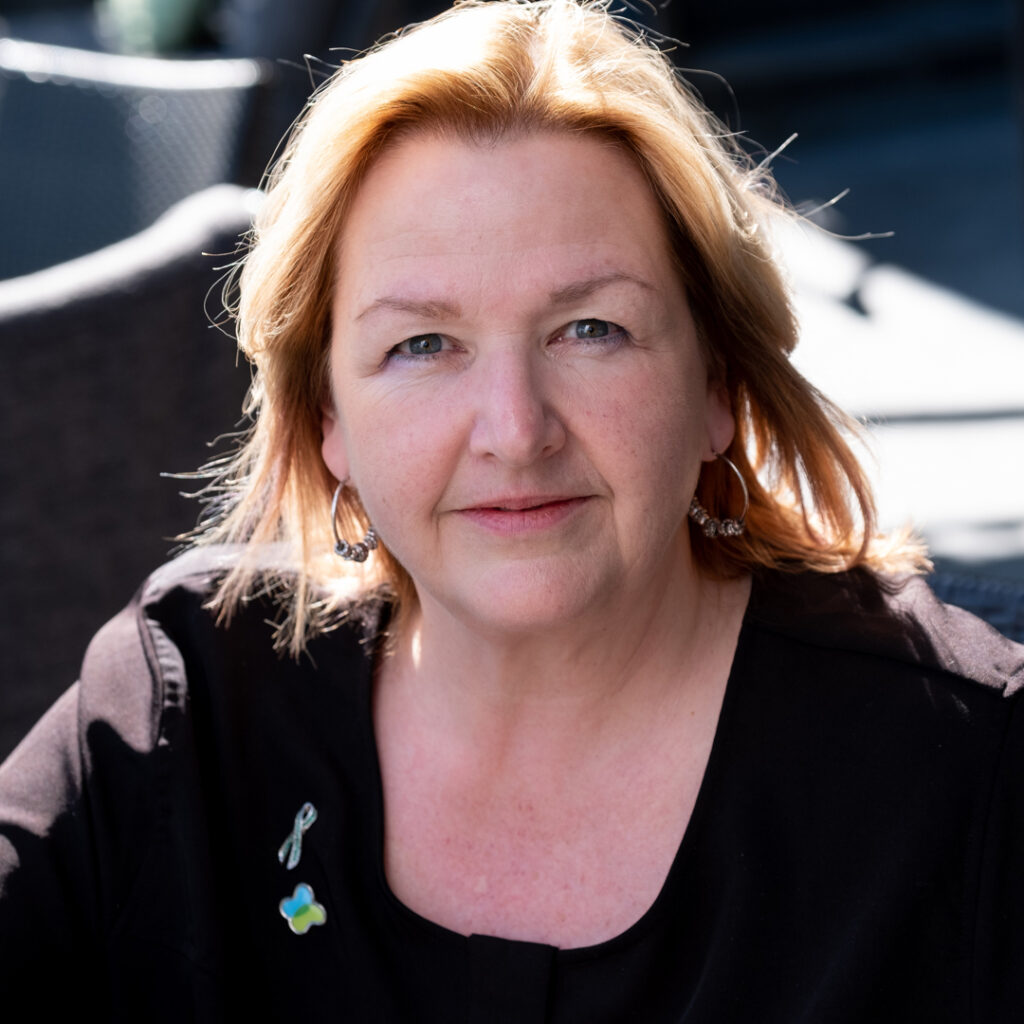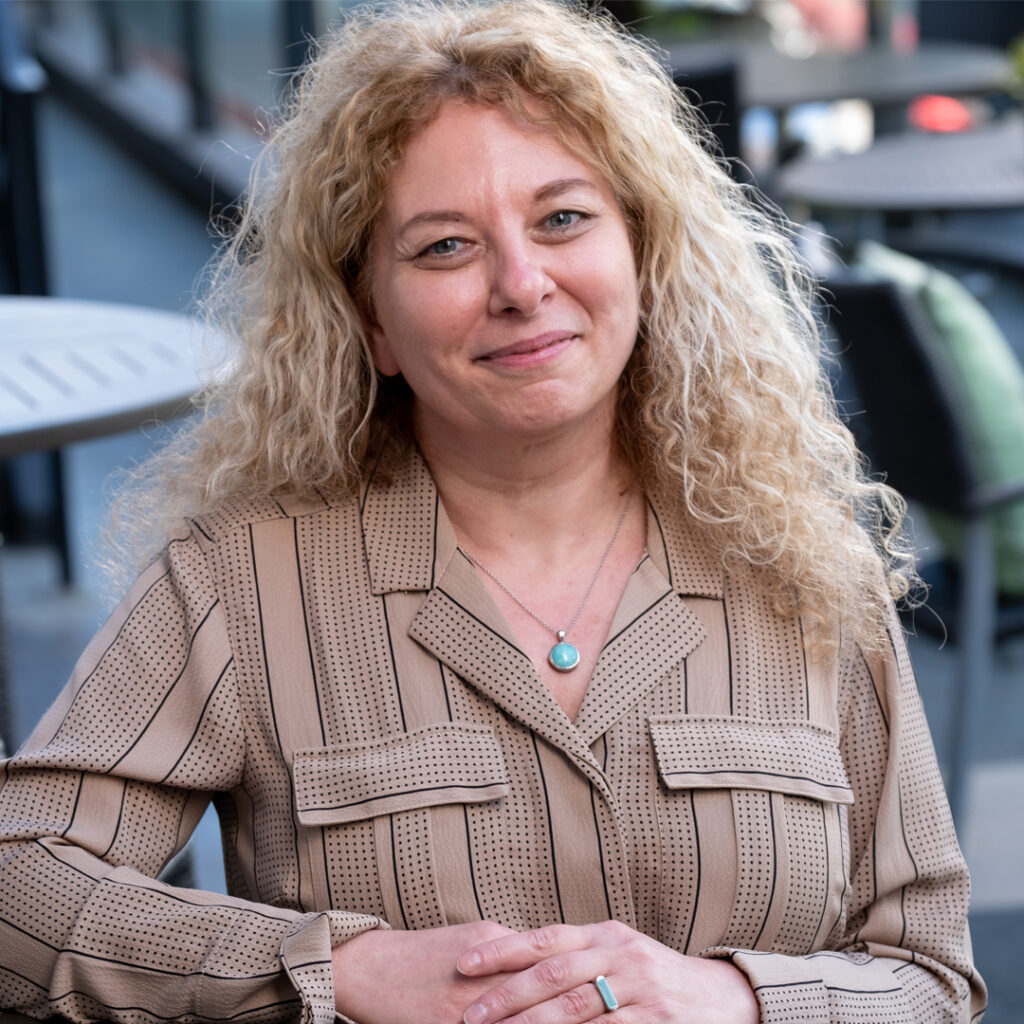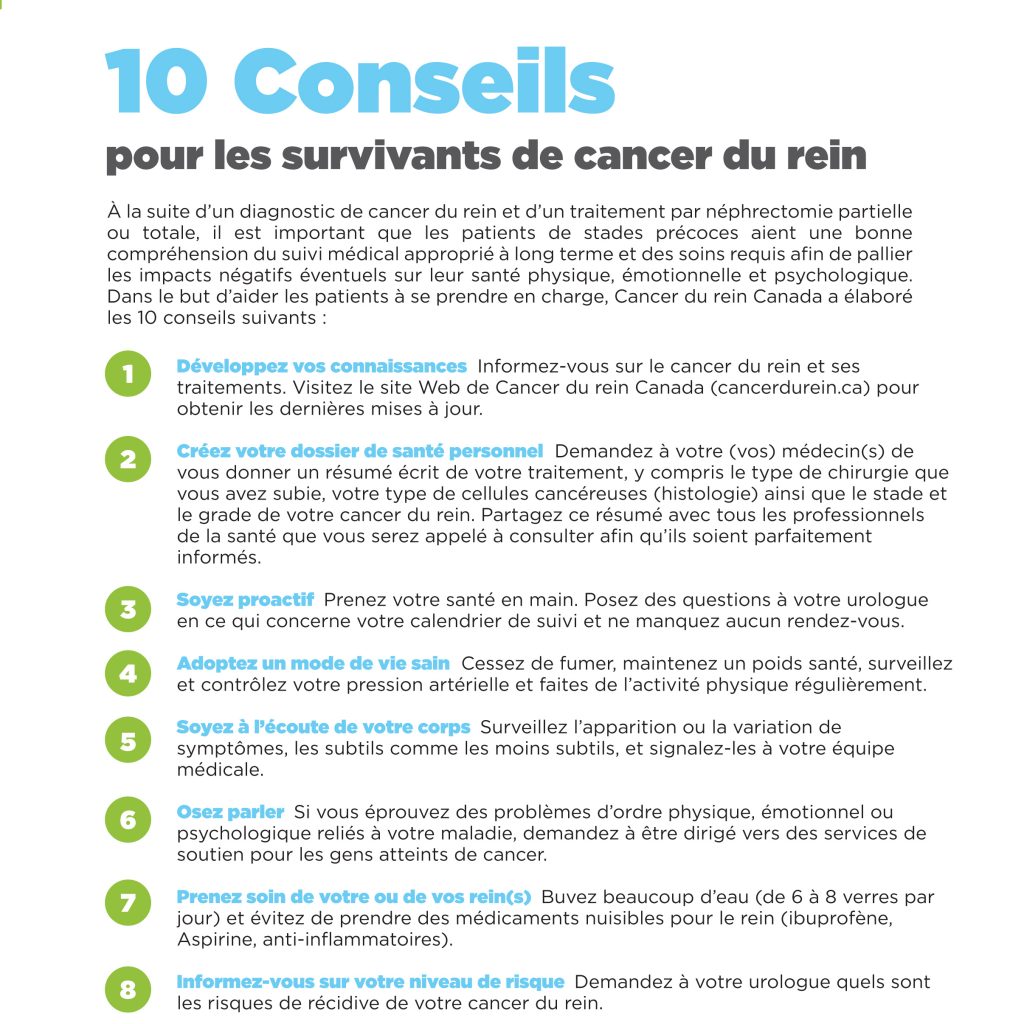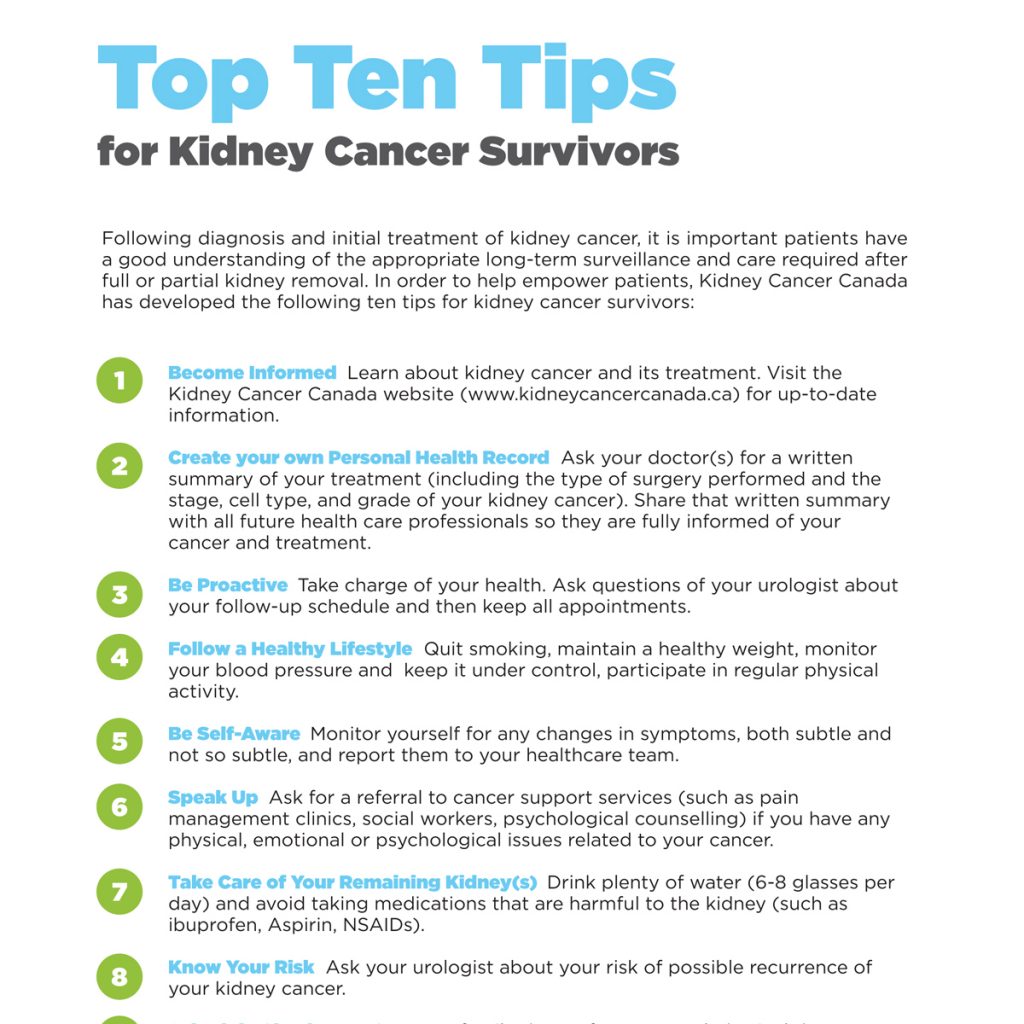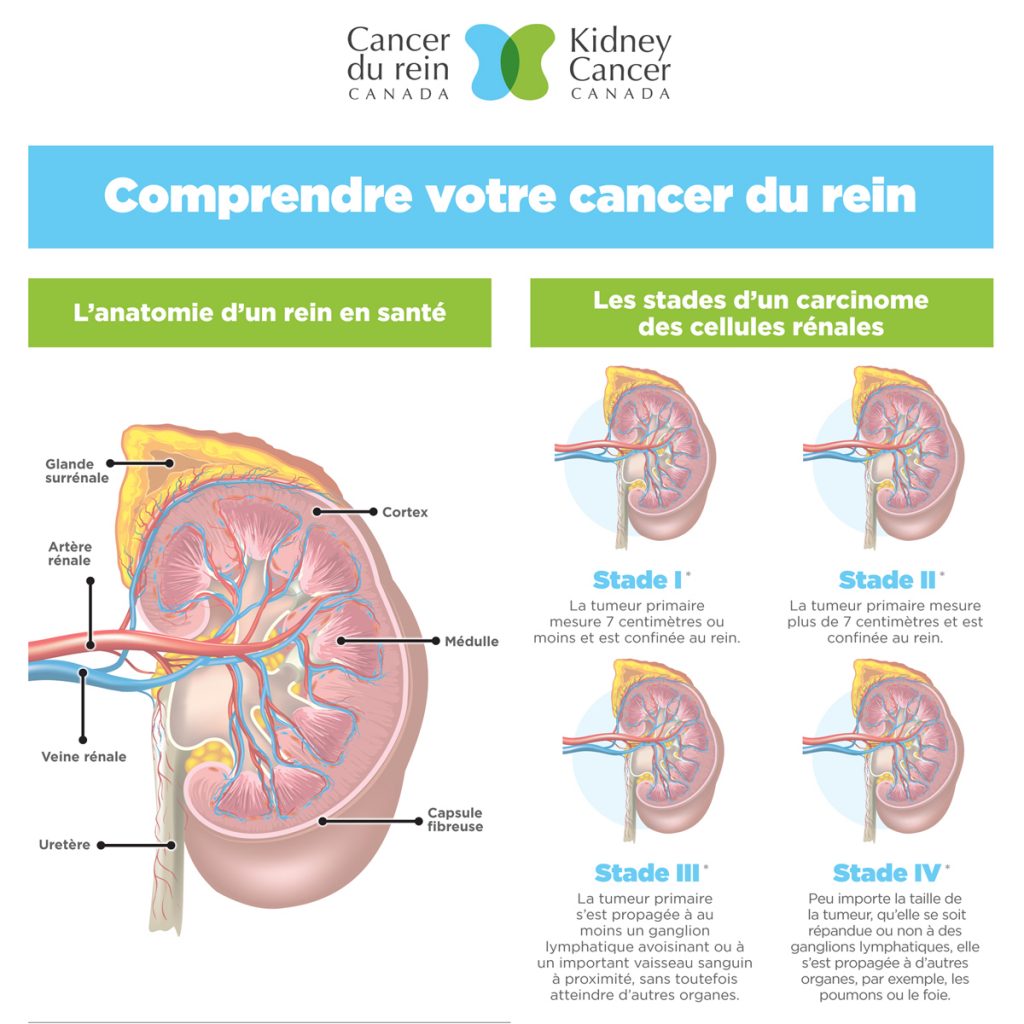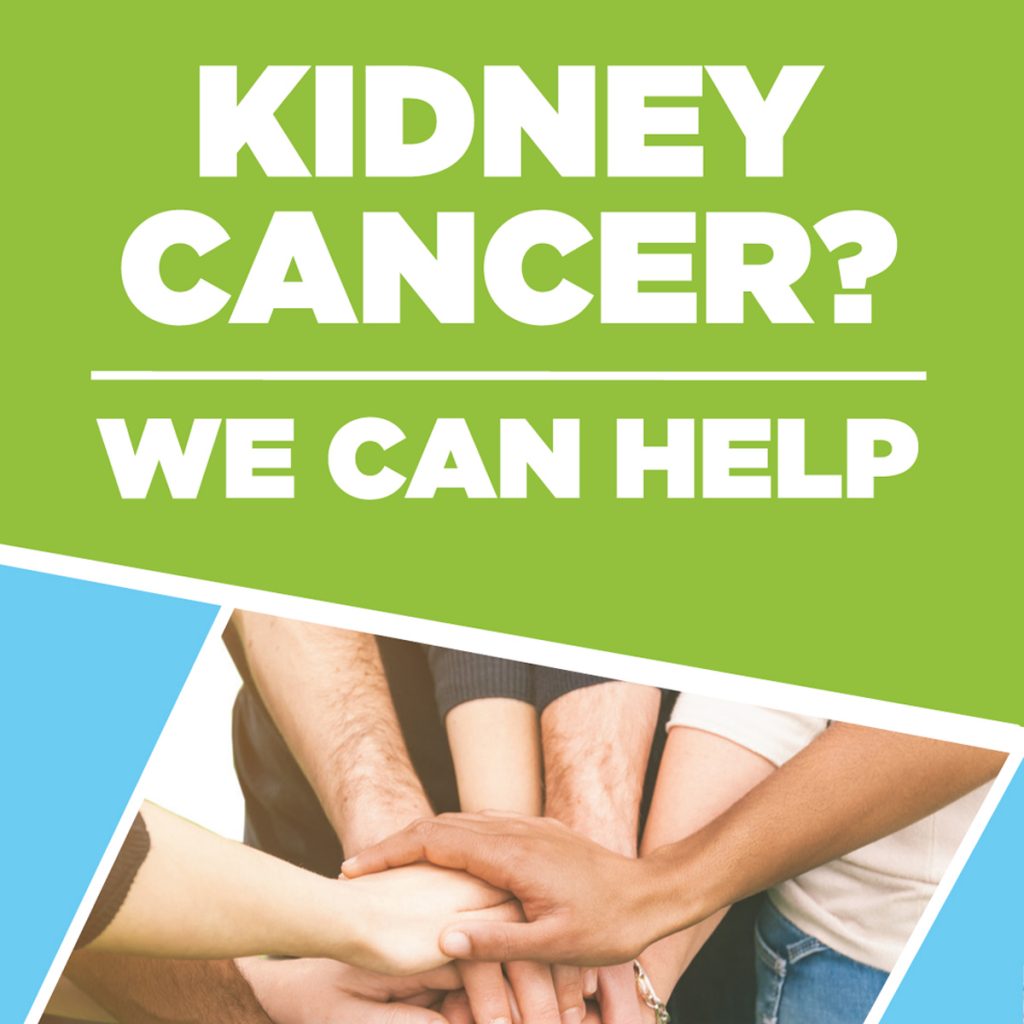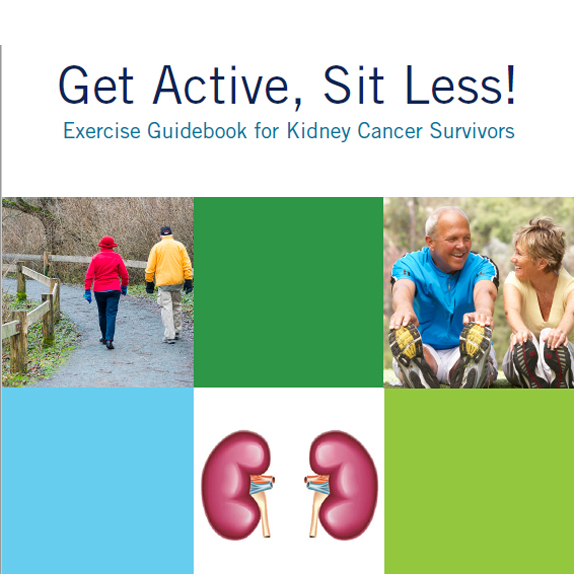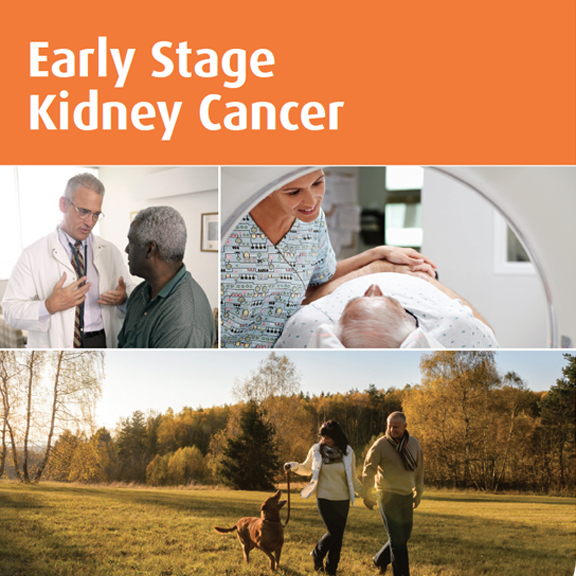The downside of inflammatory news about cancer

My inbox exploded this week with messages asking about a widely circulated news story claiming that researchers had found the cure for cancer. My heart sunk. And then I got mad.
It began with an article in the Jerusalem Post story headlined, “A Cure for Cancer? Israeli Scientists Say They Think They Found One.” It opened with a rosy quote from Dan Aridor, the board chairman of biotech company AEBi: “We believe we will offer in a year’s time a complete cure for cancer.”
It didn’t take long for the story to catch fire. Soon every news feed seemed to be flush with similar versions from multiple outlets, which were shared over and over again across the internet.
I lost my husband to cancer and now run a patient advocacy organization, so I knew intimately why people were reaching out. Like them, I desperately wanted to believe that the news was true. But the skeptic in me knew it probably was an exaggeration, prompting me to explore various iterations in an effort to look beyond inflammatory statements and misleading quotes.
The complete — and disappointing — picture wasn’t all that hard to figure out. Buried in the very last paragraph of the original story was this critical sentence: “AEBi is on the cusp of beginning a round of clinical trials which could be completed within a few years and would make the treatment available in specific cases.”
Translation: AEBi is trying to come up with funding so it can launch a round of clinical trials. Those trials could be completed within a few years. Assuming the initial trials show success, treatments might become available for some cancers.
Looking at it that way makes the initial claim of “a cure in one year” seem dubious, if not downright false.
If the Jerusalem Post and other news outlets that carried the story had looked beyond their quest for hype, the headline would have been “A theory that mightlead to a curative therapy for some cancer patients perhaps in the next decade.”
But that’s not exciting. Heck, it’s not even news. Promising research is going on in labs all over the world, and little of it makes the news.
Which begs the question: Why was the story written in the first place? Promising research? Maybe. Breaking news? No. A near-term cure for cancer? Not even close.
I wonder if the reporter gave any thought to how this sort of story would be received by people with cancer for whom this sort of news, if legitimate, could be lifesaving.
I watched throughout the week as cancer patients, fighting for their lives, shared the story over and over again. Some were skeptical, but others were so full of hope that it was painful to see, especially when they began to realize that their hopes had been cruelly raised in the name of generating a little extra web traffic.
Parading false hope to desperate people is cruel. But the damage of stories like this goes deeper than that. Two years ago, my organization, KCCure, conducted a survey of 450 individuals with kidney cancer. The results, published last week in the journal Frontiers in Oncology, showed that more than 70 percent were frustrated with their care. Fear was the number one driver of frustration. The second most common? Distrust in the medical care system.
Inflated stories that exaggerate the beneficial effects of treatment or that hype cures deepen that sense of mistrust and shake the already fragile confidence that desperate patients have in our health care system, leading them to question even the best evidence-based science. Who can blame them for doubting when it’s not always clear if a source can be trusted. When life and death decisions are being made, patients can’t afford that kind of doubt.
Thankfully, multiple outlets have begun course corrections, walking back claims from earlier stories. Cancer experts have added their voices to the growing chorus, attempting to set the record straight. But you can’t undo the damage that’s already been done. No matter how many times we attempt to sweep them up, the crumbs of viral misinformation will continue to circulate.
Cancer patients need and deserve accurate and honest information — from doctors, researchers, biotech CEOs, and the media. Reporters may benefit from more clicks on a story, but patients suffer.
This kind of inflammation feeds the cancer of false hopes.
Dena Battle
dena@kccure.org
@rccadvocate
Dena Battle is the president and co-founder of KCCure, a patient advocacy organization dedicated to increasing research in kidney cancer. As a patient advocate, she has received compensation and honoraria from several pharmaceutical companies.




